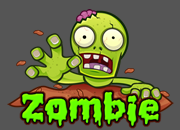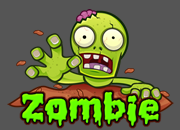Countable uncountable nouns game
Countable uncountable nouns: Practice countable uncountable nouns by playing this interactive ESL pirate volley game.
This game replaces the previous game which is now phased out. The old game had the following description:
Choose whether to practice countable uncountable nouns by navigating a treacherous galaxy filled with green monsters, a sea filled with pirates or a river filled with crocodiles. Either way this will keep your heart pounding. Suddenly English grammar practice is no longer boring with these games.
Games are useful for language learning because they provide a fun way to learn. Instead of many hours of worksheets, students can 'practice and play', with good results.
Games are great for motivating students to learn. By playing our fun educational games, students can practice and review key English vocabulary, grammar and sentences without the boredom which is usually encountered when doing paper-based gap-fill exercises. Play the game below and do not hesitate to share these resources with other learners. This is the philosophy behind our site - www.eslgamesplus.com.
Related Games
Are you ready for an adventure in outer space, on the high seas, or in a treacherous river filled with crocodiles? This game will not only keep your heart pounding but also teach you the difference between countable and uncountable nouns. Say goodbye to boring grammar worksheets and hello to an exciting way to learn English.
Games are an excellent tool for language learning, and this game is no exception. By navigating through various obstacles, players will learn how to distinguish between nouns that can be counted and those that cannot. This is an essential aspect of English grammar that is often challenging for non-native speakers to master.
Not only is this game fun, but it is also an effective way to learn. Rather than spending countless hours doing grammar exercises, students can now practice and play at the same time. So, get ready to embark on an adventure that will teach you the ins and outs of countable and uncountable nouns.
















